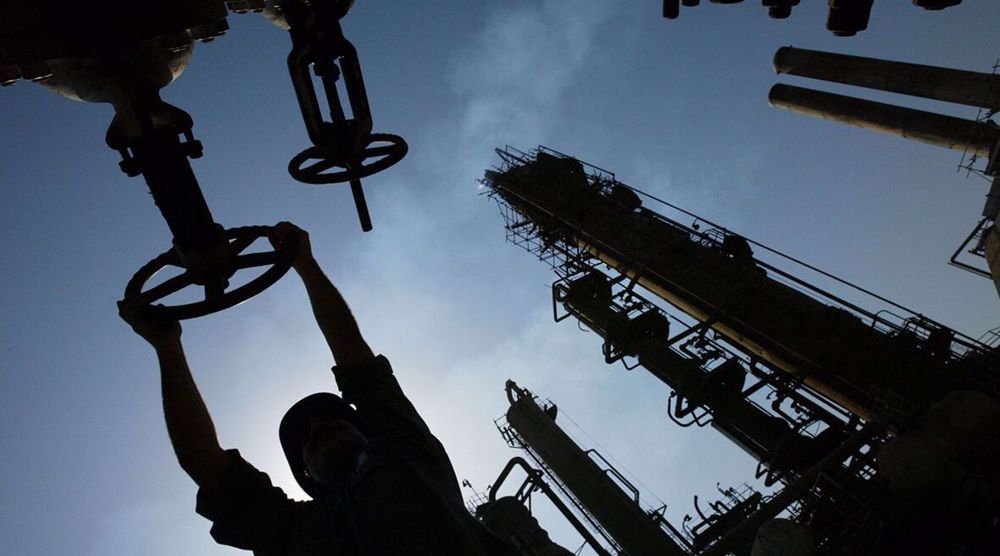Report: China to have veto at new bank
A new China-led infrastructure bank aims to differentiate itself from other lenders with a leaner, more efficient structure that ultimately gives Beijing veto power over major decisions, people close to the institution say.
The new Asian Infrastructure Investment Bank, which will be based in the Chinese capital, has 57 prospective members.
The AIIB is being billed as rival to the World Bank and Asian Development Bank which are under the US control.
The Wall Street Journal on Tuesday quoted what it described as people close to the bank as saying its voting structure will give China the "upper hand" as the largest shareholder, effectively granting it veto power.
According to the bank's articles of incorporation, China is providing nearly $30 billion of the institution's $100 billion capital base, giving Beijing between 25 to 30 percent of total votes.

The bank's lean structure will be overseen by an unpaid, non-resident board of directors, people close to the institution said.
Last week former Federal Reserve chairman Ben Bernanke rebuked US lawmakers for allowing China to found the new bank, which threatens to upend Washington's domination over the world economic order.
He said lawmakers were to blame because they refused to agree 2010 reforms that would have given greater clout to China and other emerging powers in the International Monetary Fund.
Under President Xi Jinping, China is pushing to build on the ancient Silk Road trade routes on land and sea, through its "One Belt, One Road" initiative expected to be partly funded by the AIIB.
But supporters say fears over undue Chinese influence are overblown, and that the participation by more than 50 countries, including ones as diverse as Britain and Iran, will dilute Beijing's power.
The United States led a high-profile, and ultimately unsuccessful, attempt to dissuade allies from taking part in the bank.

Other big prospective contributors among those listed as members are India at $8.3 billion, Russia at $6.5 billion and South Korea at $3.7 billion.
Germany’s allocation is $4.4 billion, France’s is $3.3 billion and Brazil’s is $3.1 billion.
People close to AIIB say the bank aims to set high standards for efficiency and transparency and counter criticisms it will be a tool of Chinese foreign policy.
The bank is expected to maintain a lean staff compared with the World Bank, which has over 12,000 staff and consultants. Doing without a resident board of directors should save the bank money and friction in decision-making.
HB/HB
Tel Aviv tells Damascus Israeli forces will remain in occupied territory: Report
Dec. 22: ‘Axis of Resistance’ operations against Israeli occupation
‘Abhorrent’: Oxfam says only 12 trucks delivered aid in North Gaza since Oct.
VIDEO | Leader receives religious eulogists on Hazrat Fatima birth anniv.
Pope Francis slams Israel’s ‘machine-gunning’ of Gaza children
US hostage-taking of Iranian nationals violation of intl. law: Deputy FM
VIDEO | Carol Singers for Palestine on London’s Parliament Square
Ansarullah says ‘Israeli terrorists’ incapable of confronting Yemen, warns of secret weapons










 This makes it easy to access the Press TV website
This makes it easy to access the Press TV website